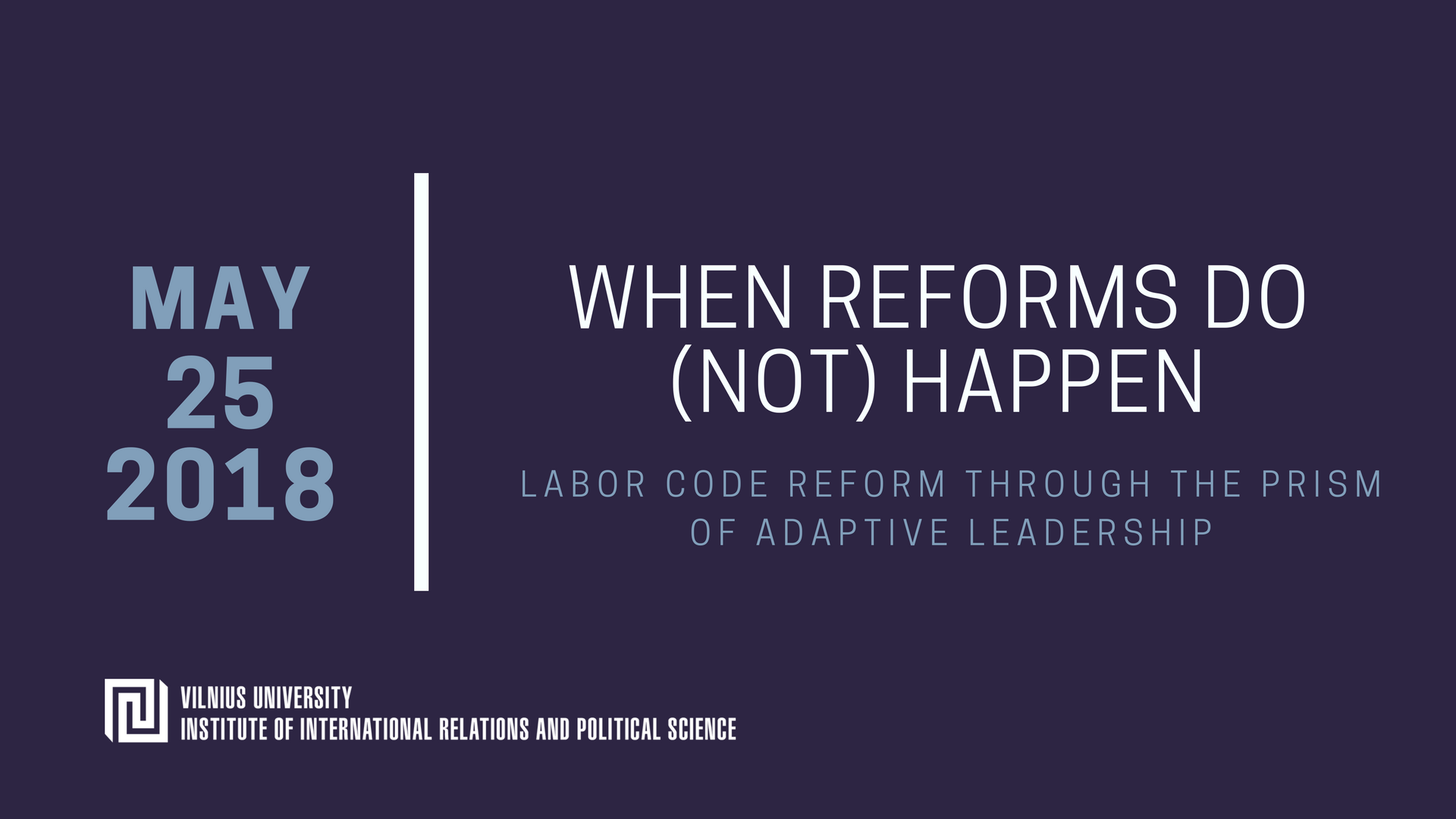Pursuit of long term progress requires helping people of different backgrounds, values and interests to find common goals. It does not mean to persuade people to give up. It means that as you start making a change, a lot of work and time needs to be devoted to understanding the perspective of every faction (i.e. the people representing diverse interests). Only when you get to know all the interested parties can you start looking for a common goal. That is why in the beginning of any reform you need to talk with various factions that will be affected by the change. These conversations will help you understand what is important for these people and what changes they may agree on. The plans of change can only be created once we have a broader understanding and acceptance of people involved.
Believing that only when you understand and mobilize other people can you make serious changes happen, we invite you to listen and talk to the people who have diverging views on one of the most important reforms of the past years – the new Labor Code. We would like to take a look at this process from the perspective of Adaptive leadership and find an agreement on how we could all collectively solve the issues that arise while implementing the new Labor Code.
Adaptive leadership is a term that we borrowed from Harvard’s Kennedy School of Government and Kansas Leadership Center, and for us it means an action that mobilizes others. It is quite a radical definition. It is demanding as it shifts the lighting so that it falls on every single one of us and in that way demanding to think less about how to do more, and rather making us contemplate on how to include more.
That is the reason why we invite you to a (not-a-)conference that has an unusual format. We invite you to not only listen, but participate; talk and offer ideas instead of simply approving them. During the conference we will communicate not only with the well-known people who implemented reforms in both private and public sectors, but also with others who were affected by the change in regulation of labor relations. One of the guests of the conference is the American leadership consultant Jill Hufnagel (https://cambridge-leadership.com/team-member/jill-hufnagel/) who had worked both with private sector companies (e.g. Google, Microsoft) and governmental institutions (e.g. the White House).
The team of IIRPS VU believes that Adaptive leadership provides those who are willing with the tools for listening to one another, settling on an agreement and implementing long term changes.
We kindly invite you to register by sending an email to ieva.giedraityte@tspmi.vu.lt.
Partners: Swedbank and Vilnius University.











